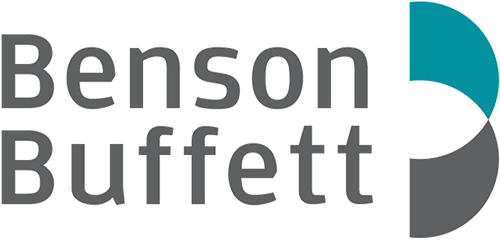

COVID-19 Mandatory Mask Policies, Discrimination and Human Rights
Lessons from the BC Human Rights Tribunal
On August 24, 2020, as part of their COVID-19 pandemic response, the Newfoundland and Labrador government enacted regulations requiring individuals to wear non-medical face masks in most public indoor spaces.
This has caused issue for some businesses who have had to deal with consumers who claim they are exempt from the regulations due to pre-existing medical conditions, including those who suggest that requiring them to wear a mask would be illegal discrimination in contravention of the province’s Human Rights Act.
While this has not yet been adjudicated under Newfoundland and Labrador’s Human Rights Commission, a recent decision from British Columbia’s Human Rights Tribunal (The Customer v. The Store, 2021 BCHRT 39 (CanLII)) has illustrated how these discrimination claims may be handled within the province.
In short, BC Human Rights Tribunal has clarified that while mask mandates during the pandemic need to accommodate those with disabilities, there is an onus on the person claiming exemption to provide some factual basis to establish that wearing a mask is debilitating, and this must go beyond stating that wearing a mask makes it “difficult to breathe” or “causes anxiety”.
Background
The BC Human Rights Tribunal (the “Tribunal”) was asked to address a complaint arising from a customer (the “Customer”) who went to shop at a grocery store (the “Store”) while not wearing a face mask. At the time, the provincial government did not have a mandated mask order, but the Store had their own policy that required customers to wear a mask upon entry.
When the Customer attempted to enter the Store, the Store’s security guard stopped the Customer and advised her of the mask policy. At this point, the Customer refused to wear a mask and cited that they caused her “health issues” including “breathing difficulties”. The Customer refused to tell the Security Guard what health issues she experienced, and insisted that those health maters were private. The Customer indicated that the Store had a duty to accommodate her under the provincial Human Rights Code, and had to let her in without wearing a mask. The Security Guard refused, and the Customer left the premises.
Following this, the Customer filed a human rights complaint alleging that the Store discriminated against her on the basis of physical and mental disabilities. However, the Customer refused to provide the Tribunal with information related to her alleged disabilities, and how they interfered with her ability to wear a mask. Subsequently, the Tribunal dismissed the complaint while also offering some important guidance for businesses and individuals on these mandatory mask policies.
Key Takeaways
Th key takeaways from the Tribunal’s decision include:
- Human rights law will protect people from discrimination under mandatory mask laws based on disability, but it must be demonstrated that one’s disability actually interferes with their ability to wear a mask.
- Simply stating that wearing a mask makes it “difficult to breathe” or “causes anxiety” will not, on its own, be enough to trigger protection under human rights law.
- While health information is sensitive and private, a person seeking human rights-related accommodation will need to provide at least some information to show the existence of a disability.
- Human rights law will not protect people from discrimination because they refuse to wear a mask as a matter of personal preference, because they believe wearing a mask is “pointless”, or because they disagree with whether wearing a mask actually works to prevent the spread of COVID-19.
In conclusion, businesses should be confident that they can continue to enforce mandatory mask guidelines within their premises if a consumer fails to provide at least some information to show the existence of a disability which interferes with their ability to wear a mask. However, if such information is given, businesses should try to accommodate these consumers, short of undue hardship, to avoid facing complaints under provincial human rights legislation.
The comments contained in this eCaseNote provide general information only and should not be construed as legal advice or opinion. For more information or specific advice on matters of interest, please call our offices at (709) 579-2081.